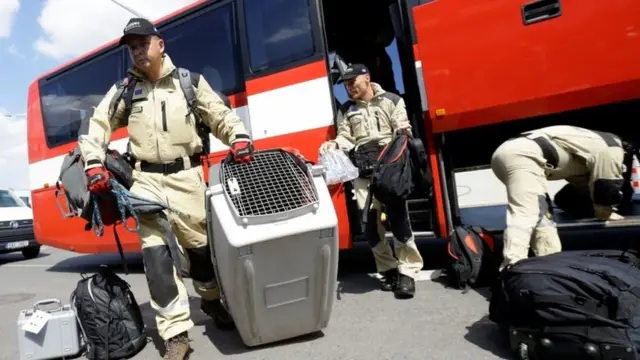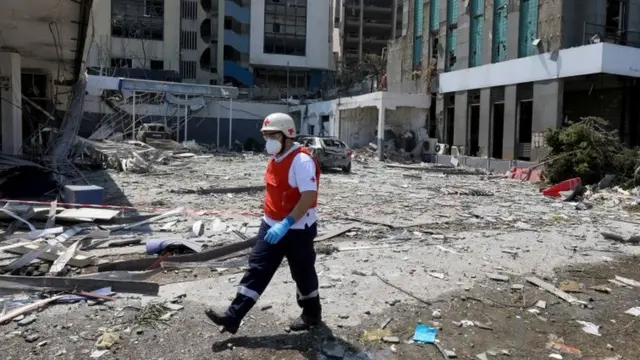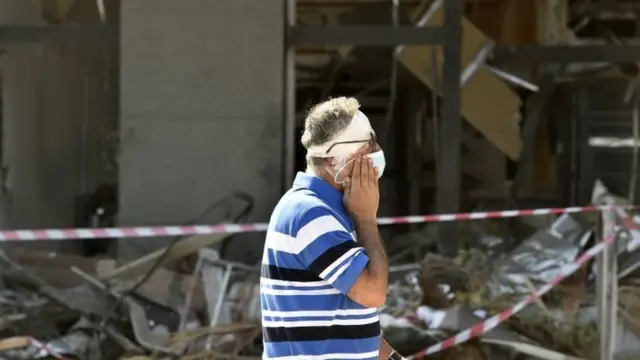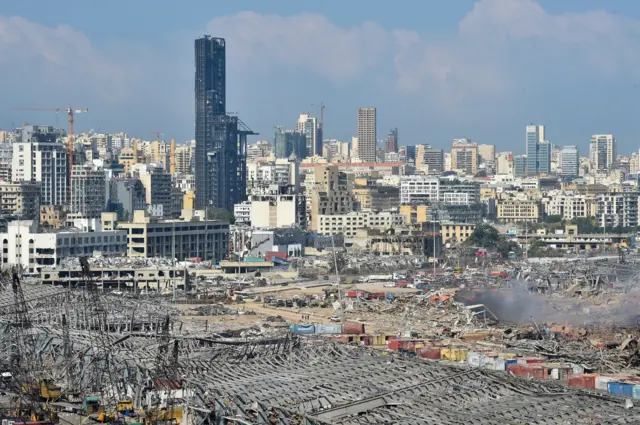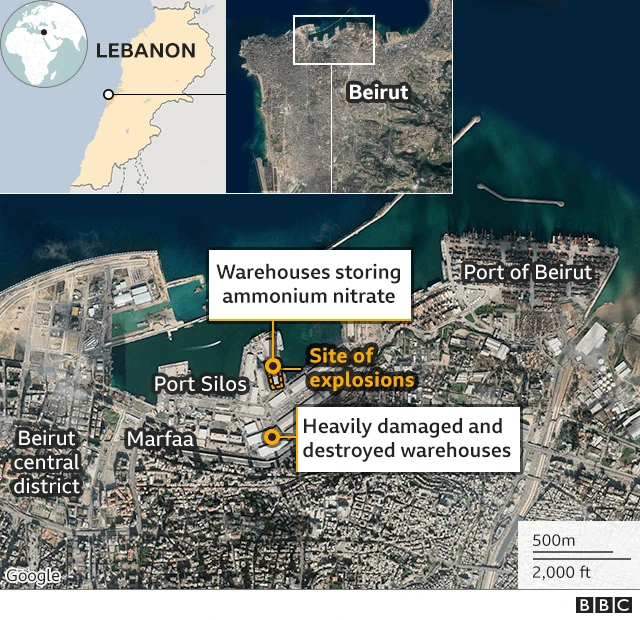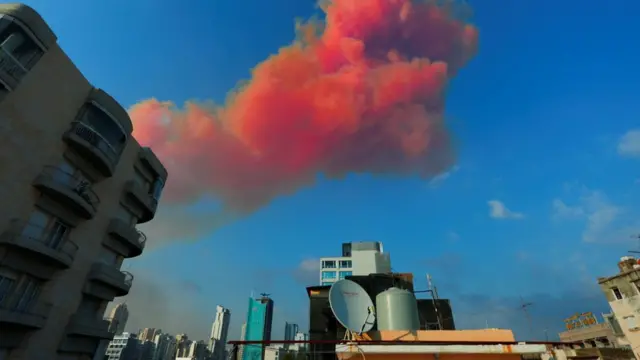In pictures: Beirut residents leave damaged homespublished at 15:32 BST 5 August 2020
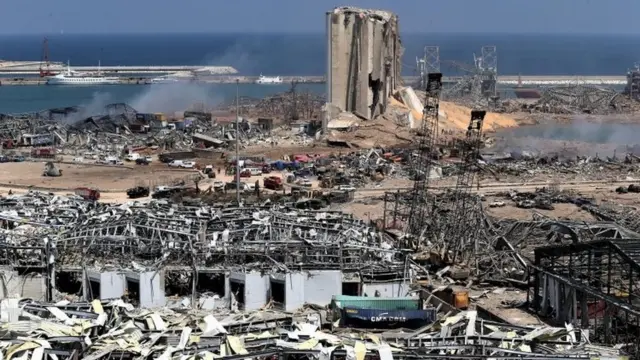 Image source, EPA
Image source, EPARescue workers in Lebanon are searching for more than a hundred people who are missing
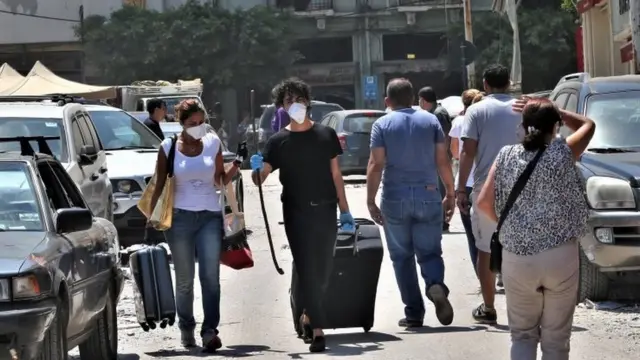 Image source, EPA
Image source, EPASome Beirut residents are pictured moving their belongings from their damaged homes
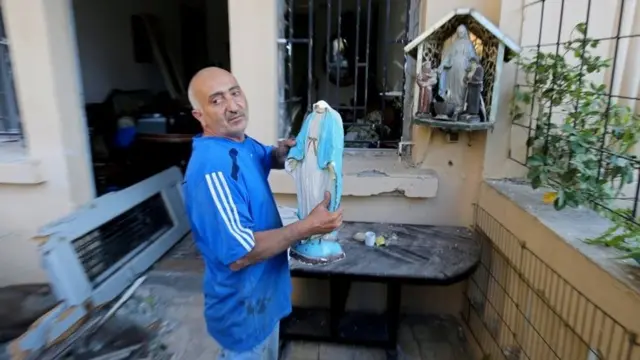 Image source, Reuters
Image source, ReutersAnd others are continuing to survey the damage
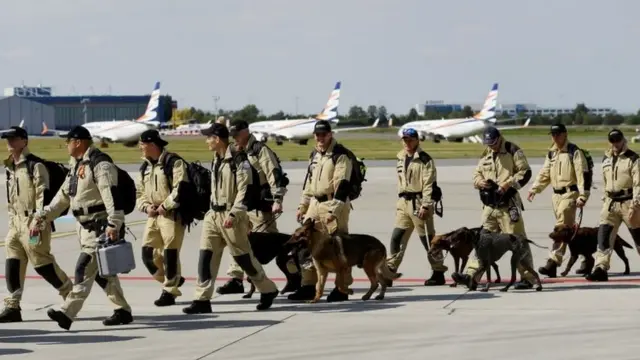 Image source, Reuters
Image source, ReutersA search and rescue team has been sent to Beirut from the Czech Republic, one of several countries to have offered aid


